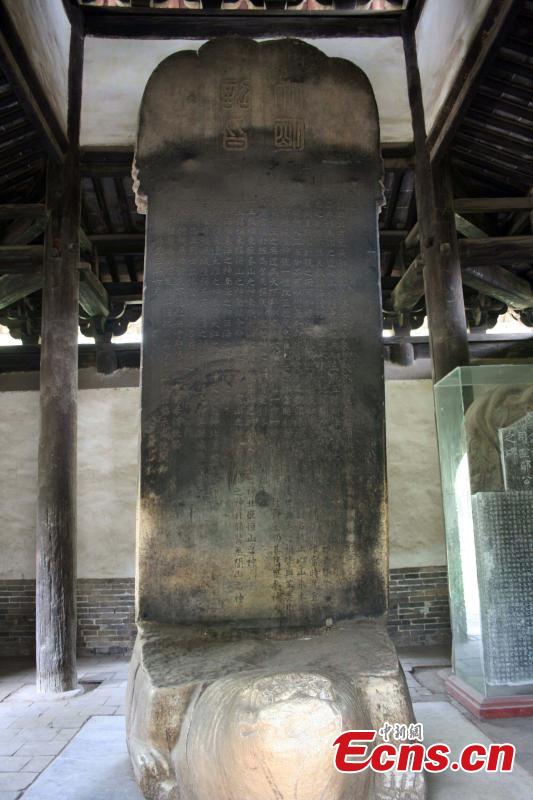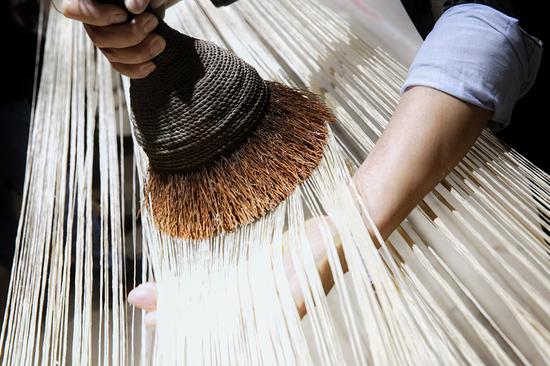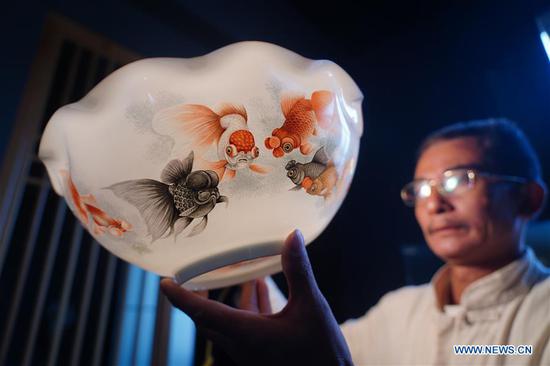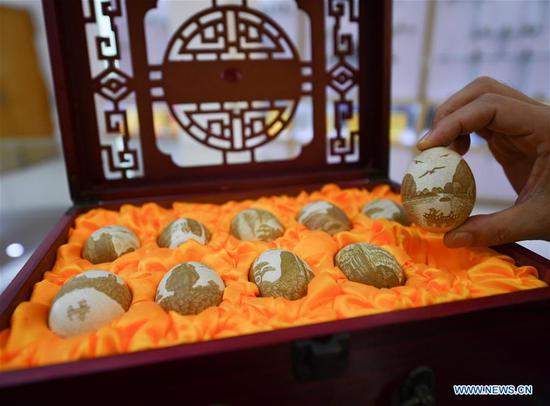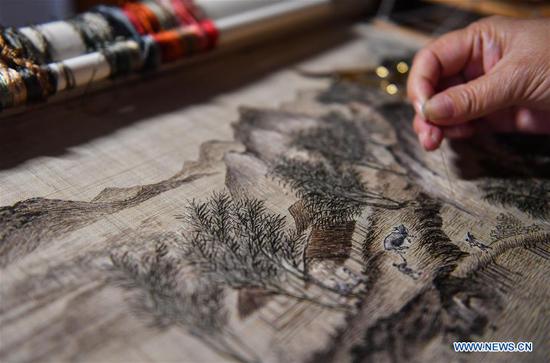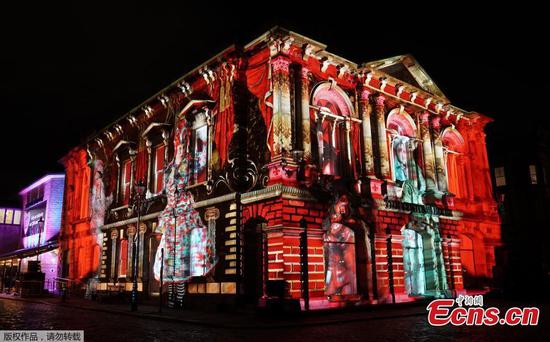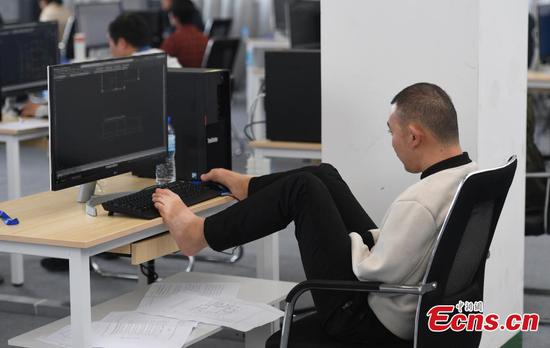Chief designer of first manned Shenzhou spacecraft is the third Chinese honoree
Qi Faren, a preeminent space scientist and former head of the China Academy of Space Technology, recently became the third Chinese person to be inducted into the International Astronautical Federation Hall of Fame.
Qi's induction was announced at the 70th International Astronautical Congress that was held from Oct 21 to 25 in Washington. Another inductee is Roberto Battiston, former president of the Italian Space Agency.
The IAF Hall of Fame is meant to create a standing forum of personalities that have contributed substantially to the progress of space science, technology and space benefits to mankind, according to the Paris-based international space advocacy organization that was founded in 1951.
Wang Xiji, a satellite designer at the China Academy of Space Technology and academician of the Chinese Academy of Sciences, was inducted in 2016, and Long Lehao, a carrier rocket scientist at the China Academy of Launch Vehicle Technology and academician of the Chinese Academy of Engineering, was given the honor in 2018.
Qi, 86, was born in Liaoning province's Fuxian county in April 1933. He graduated from the Department of Aircraft at the Beijing Institute of Aeronautics, now known as Beihang University, in 1957. He was then assigned to the China Academy of Launch Vehicle Technology to develop ballistic missiles and carrier rockets.
In 1967, Qi was transferred to the People's Liberation Army's Fifth Academy, predecessor of the China Academy of Space Technology, and began to develop satellites and spacecraft.
Qi later took part in the research and development of many satellites, including China's first-Dongfanghong 1-which was lifted into space in April 1970 by the Long March 1, the country's first carrier rocket, which he had helped design at the launch vehicle technology academy.
His achievements led to his appointment as vice-president and later president of the space technology academy, where he is now a technical adviser.
In 1992, Qi was named the first chief designer of China's Shenzhou spacecraft. He led the research and development of the first five Shenzhou spaceships, including the Shenzhou V, which carried out the country's first manned space mission in 2003.
Qi has gained many honors and titles in China for his accomplishments and contributions, ranging from top science and technology awards to working model medals.
In addition to his posts in the space circle, Qi had also served as president of Beihang University's School of Astronautics and has been a member of the National Committee of the Chinese People's Political Consultative Conference, the top political advisory body.









